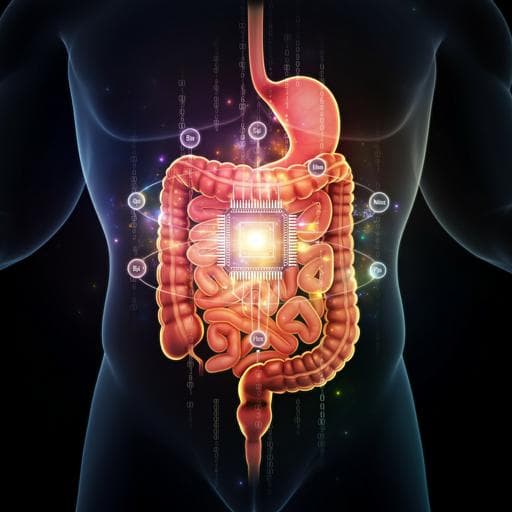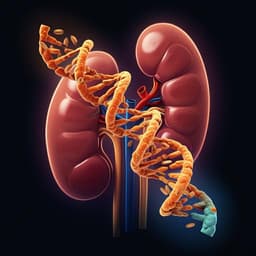
Medicine and Health
Microbiome-based correction for random errors in nutrient profiles derived from self-reported dietary assessments
T. Wang, Y. Fu, et al.
Discover METRIC, a groundbreaking deep-learning approach that enhances the accuracy of self-reported dietary assessments by correcting measurement errors using gut microbial compositions. This innovative research, conducted by Tong Wang, Yuanqing Fu, Menglei Shuai, Ju-Sheng Zheng, Lu Zhu, Andrew T. Chan, Qi Sun, Frank B. Hu, Scott T. Weiss, and Yang-Yu Liu, showcases exceptional performance in nutrient profiling consistency.
Related Publications
Explore these studies to deepen your understanding of the subject.







